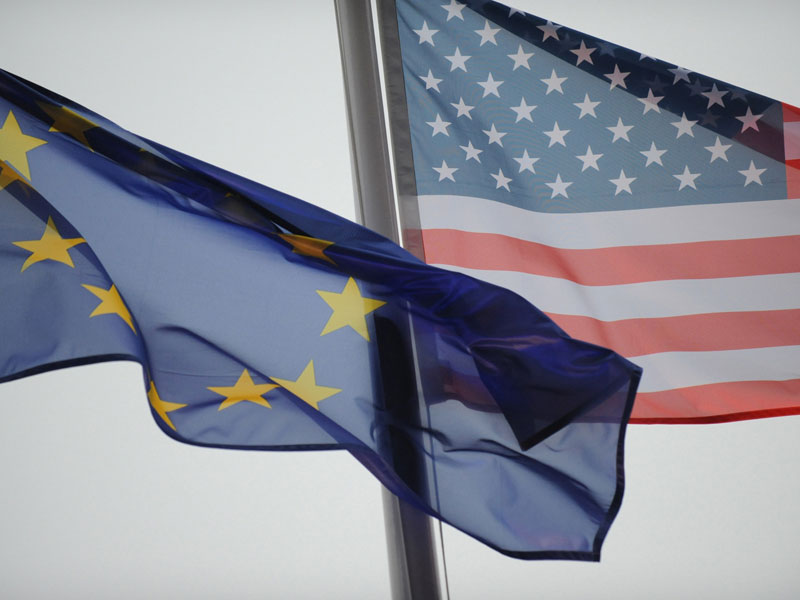
Donald Trump hasn’t yet commented on the stunning election results in France, but it’s a good bet he was disappointed that the Rassemblement National underperformed, coming in third place behind the far-left and centrist blocs.. Trump and Marine Le Pen, the face of the right-populist party, have long supported one another. And Euroskeptic leaders outside France also feel an affinity with the 45th president, whose hostility to the European Union and forceful defense of nationalism they admire.
But while Trump and the MAGA Republicans have a natural affinity with European right-populists, the two groups are not, upon closer examination, natural allies. Trump wants the U.S. to start disengaging militarily from Europe, but that’s less likely to happen if the continent is torn apart by petit nationalisme. To convert his America-First rhetoric into reality in a second term, Trump will need Europe to unify as a great power on the world stage—and pro-EU centrists, not anti-EU right-populists, are the ones pushing for unification.
France’s President Emmanuel Macron has led the charge in advancing what he calls “Power Europe,” while European Commission President Ursula von der Leyen and outgoing foreign policy chief Josep Borrell have been pushing to turbocharge Europe’s defense industrial capacity. These leaders, widely despised by right-populists the world over, are responding rationally and strategically to global developments. Putin’s invasion of Ukraine has made the unthinkable—high-intensity war on the continent—a grim reality again. And with the rise of China and the dawn of multipolarity, Washington’s attention is being diverted away from Europe to the Asia-Pacific.
More on Europe

Featuring Jennifer Kavanagh
April 17, 2025

April 8, 2025
Events on Europe and Eurasia







